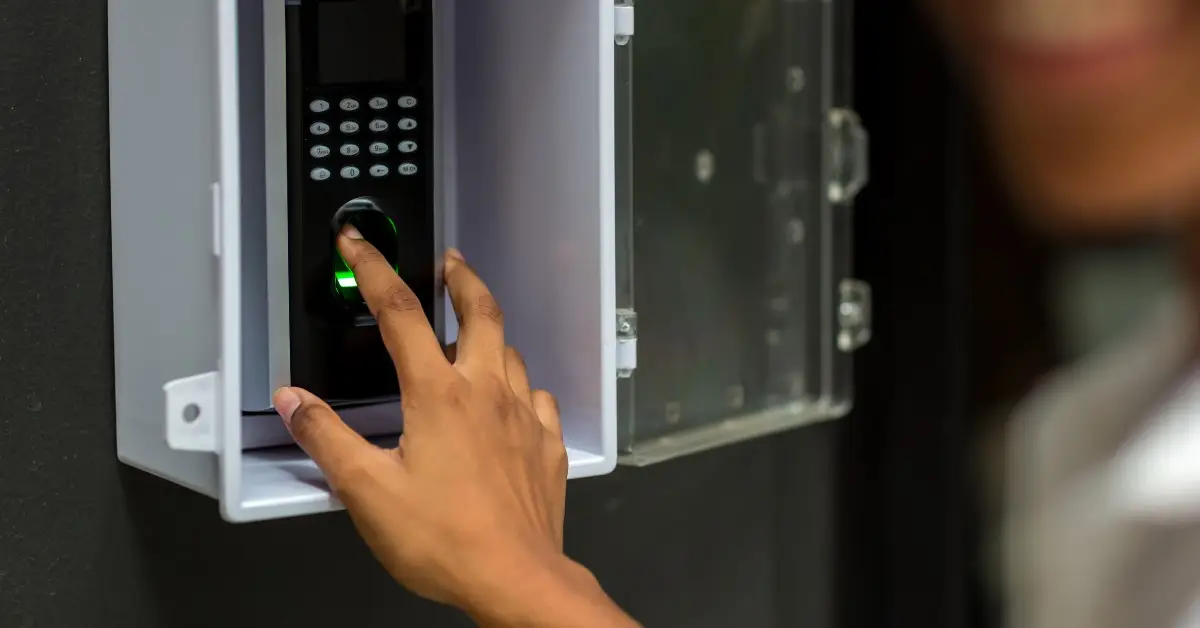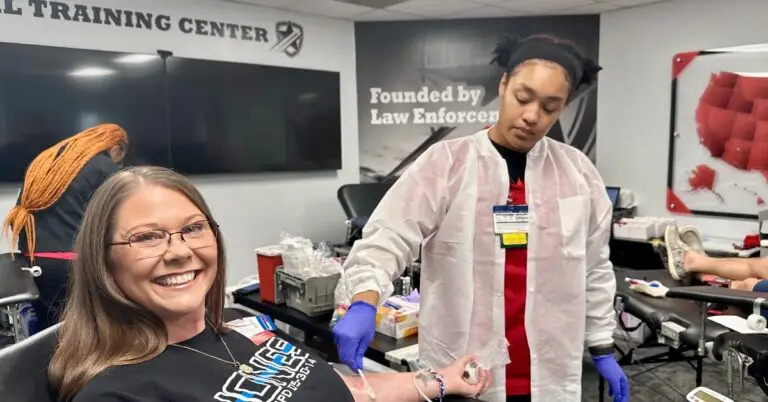In today’s world, having a solid security plan for your business isn’t optional – it’s essential. With rising concerns about theft, workplace violence, and data breaches, every business owner must take proactive steps to protect their people, property, and information.
Whether you operate a retail store, office, or industrial site, understanding how to create an effective security plan can mean the difference between safety and vulnerability. In this article, we’ll walk you through a step-by-step guide to developing a security strategy that protects your business from all angles. Let’s begin!
I. Assessing Your Security Risks
Before you can secure your business, you need to understand your business security threats. Start with a comprehensive risk assessment that includes both internal and external factors.
- Internal threats might include employee theft, insider data leaks, or careless mishandling of sensitive materials.
- External threats include burglary, vandalism, trespassing, and cyberattacks.
Next, identify your high-value assets:
- People – employees, customers, and visitors.
- Property – buildings, equipment, inventory.
- Data – customer records, financial information, trade secrets.
Understanding your security vulnerabilities helps you prioritize what needs the most protection.
II. Define Your Security Goals
Once you understand the risks, it’s time to set clear, actionable goals. Ask yourself:
- What exactly are you trying to protect?
- What threats are most likely to impact your operations?
Some goals may include:
- Preventing theft or vandalism.
- Protecting sensitive data.
- Ensuring the safety of employees and customers.
Set short-term goals (like installing new cameras) and long-term objectives (like developing a full emergency response plan). All goals should align with your broader business plan and loss prevention strategy.
III. Determine the Right Security Measures
Now it’s time to choose the tools and tactics that will keep your business safe. The most effective approach includes multiple layers of protection:
Physical Security Measures
- Surveillance cameras with real-time monitoring
- Motion-sensitive lighting
- Secure entry points with access control systems
- Barriers such as fencing or entry gates
Security Personnel
- Hiring unarmed security guards or armed professionals, depending on your risk profile
- Running thorough background checks on all employees
- Assigning security responsibilities within your team
Cybersecurity
Even a brick-and-mortar business needs basic cyber protection:
- Strong passwords and user access policies
- Firewalls and antivirus software
- Secure Wi-Fi networks
Combining physical and digital security is key to comprehensive protection.
IV. Develop Emergency Response Protocols
A good security plan for your business includes detailed procedures for handling emergencies. Think through possible scenarios and how your team should respond:
- Break-ins or active intruder situations
- Fires or medical emergencies
- Natural disasters or power outages
Establish roles and responsibilities for your staff, and make sure everyone knows who to contact and what to do. Your plan should also include clear communication protocols – both internal and with local authorities.
V. Train Your Employees
Security isn’t just the responsibility of guards or management. Every employee plays a role.
Provide training on:
- Recognizing suspicious behavior
- Reporting potential threats
- Responding to emergencies
A single training session isn’t enough – make security part of your company culture with regular refreshers and ongoing updates.
VI. Partner with a Professional Security Company
One of the most effective ways to strengthen your security is to work with a professional security company like ours. Our security guard services are tailored to your unique needs, offering:
- On-site unarmed or armed security guards
- Mobile patrol and tower system services
- 24/7 monitoring and rapid response
- Customized risk assessments and security planning
When you partner with Silbar Security, you get peace of mind knowing your business is protected by experienced professionals who care.
VII. Review and Update Your Security Plan Regularly
Your business changes over time – and your security plan should evolve with it. Conduct periodic audits to make sure your strategies still align with your goals and current risks.
Use incident reports, employee feedback, and routine check-ins to identify weak points and make improvements. A good security plan is never “done” – it’s a living document that grows with your business.
In Summary
A strong, proactive security plan for your business is a vital part of long-term success. By assessing risks, defining goals, implementing layered security measures, and partnering with experts like Silbar Security, you can protect what matters most.
Ready to build a smarter, safer business?
Contact our team today for a custom security assessment and see how our expert solutions can protect your business from every angle.







